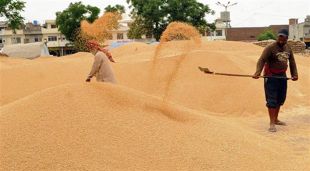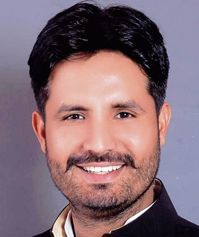One can understand how a Punjab and Haryana High Court Judge, Justice AK Mittal, felt when he, in the course of a hearing in the case to shift liquor vends from the state highways, said, “If the Punjab government is so concerned about generating revenue from liquor, it should open a liquor vend in the secretariat itself.” Despite the court's directions and its own undertaking, the Punjab Government has not shifted liquor shops from highways. The court was told that liquor shops remained closed during the day and were opened at night. This is not possible without political and bureaucratic connivance. Excise officials neither seal the shops violating the court directions nor seize their stocks.
Punjab collected Rs 4,680 crore last year and hopes to earn Rs 5,040 crore this financial year through the sale of liquor. Despite the rampant consumption of intoxicants in the state, the Punjab Government reduced the price of country-made liquor by Rs 20 per bottle last year to promote its consumption. This was in a state already ruined by drug addiction. A recent study found a 60 per cent jump in liquor consumption in Punjab between 2007 and 2012. Since liquor business is run by politicians, government patronage is understandable. The efforts of the high court and an NGO, Arrive Safe, to curb drunken driving and make at least the highways safe are being thwarted by a political leadership which is helpful to the liquor mafia and insensitive to the daily loss of lives in accidents.
Revenue generation is a major argument states allowing liquor sale make. However, despite losing Rs 5,000 crore a year, a poorer Bihar is set to introduce prohibition from April 2016. It is exploring alternative sources of revenue to make up for the loss. While liquor is known to affect addicts’ health, diminish or paralyse their earning capacity, cause domestic violence and ruin households, a ban drives the trade underground and promotes the consumption of illicit liquor and its smuggling apart from the diversion of official machinery to implementing the ban. A liquor ban therefore is as undesirable as liquor promotion.



























